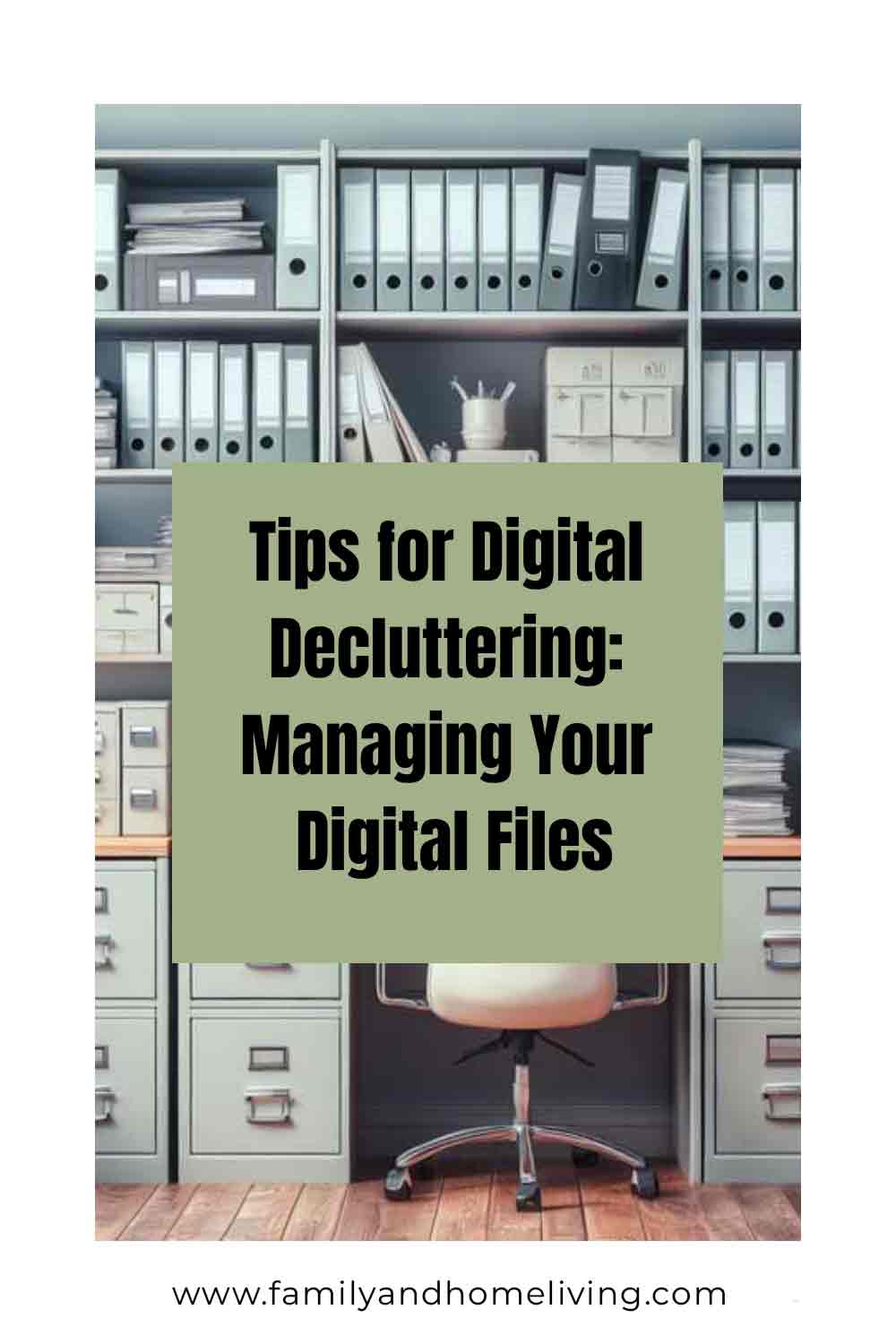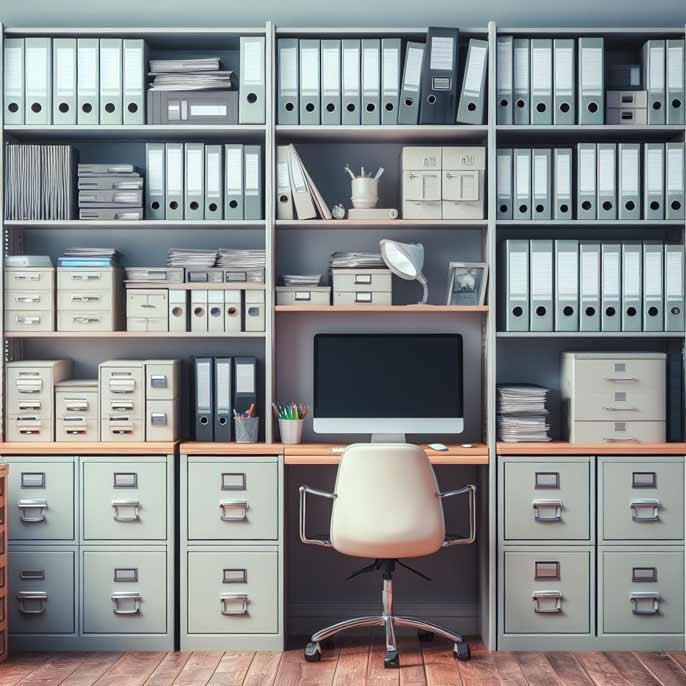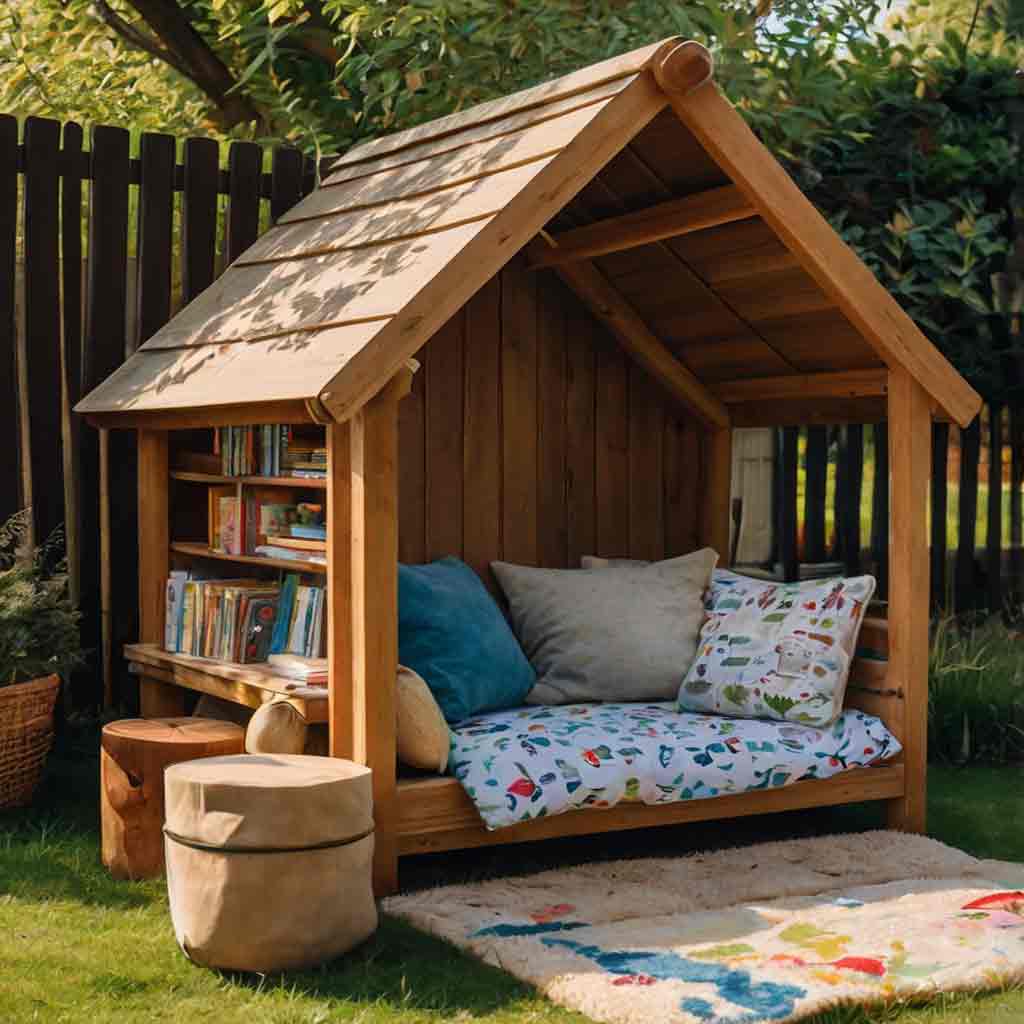This post may contain affiliate links which means we might earn a small commission if you decide to make a purchase through them (at no extra cost to you). Need more info? Click Here
Are you tired of feeling overwhelmed by your digital life? Do you dream of a clutter-free inbox, an organized computer, and a sense of calm when you’re online?
You’re not alone! In today’s digital age, it’s easy to get bogged down by emails, social media, and endless notifications.
In this article, we’ll look at how to simplify your digital life, one step at a time. We’ll share practical tips and strategies for managing your email, organizing your computer, and reducing digital clutter. By the end, you’ll be on your way to a more organized, more focused, and more peaceful digital existence.
If you find this digital clutter article helpful, please consider pinning it 🙂

Digital Clutter
The digital age has brought so many changes to our lives, both personally and professionally. While it has many advantages, the sheer amount of information can lead to a lot of digital clutter which can end up negatively impacting our well-being when it starts to become overwhelming.
What Is Digital Clutter?
Digital clutter includes things like excessive emails, redundant files, disorganized folders, and inefficient workflows that hinder productivity and create mental clutter.
Why Is It Important To Clear Digital Clutter?
When you are overwhelmed by digital clutter it can lead to reduced focus, increased stress, and wasted time. With remote working becoming more and more popular it is important to stay on top of everything to maintain mental clarity.
Taming Your Email Box
Email can be a major source of digital clutter, but with a few simple strategies, you can master your email inbox and stay on top of your messages.
Set Up a System
Create a system for managing your emails, such as:
- Using folders or labels to categorize your emails
- Setting up filters to automatically sort and prioritize your emails
- Creating a “to-do” list or task list to keep track of emails that require action
Use the 2-Minute Rule
If an email can be dealt with in less than 2 minutes, respond or take action immediately. If it requires more time or attention, schedule a task or add it to your to-do list.
Practice the “4 Ds”
When dealing with an email, ask yourself:
- Delete: Is this email unnecessary or spam?
- Delegate: Can I forward this email to someone else who can handle it?
- Delay: Can I respond to this email later or schedule a task for it?
- Do: Can I take action on this email immediately?
Use Email Templates
Create email templates for common responses, such as:
- Responding to meeting requests
- Acknowledging receipt of documents
- Declining invitations
Schedule Email Time
Set aside specific times of the day to check and respond to emails. This can help you stay focused and avoid constant email checking.
Unsubscribe and Unfollow
Regularly review your email subscriptions and social media follows. Unsubscribe from newsletters or emails that no longer interest you, and unfollow accounts that clog your feed with unnecessary content.
Sorting Out Your Digital Files
Managing digital files can be overwhelming, especially if you have a lot of documents, photos, and videos scattered across all your devices. Here are some simple steps to help you streamline your digital files and make them easier to find:
Create a Home for Your Files
Designate a specific folder or drive as the central hub for all your digital files. This could be a cloud storage service like Google Drive, Dropbox, or OneDrive, or a folder on your computer. Make sure it’s easily accessible and backed up regularly.
Use Clear and Consistent Naming
Use a consistent naming convention for your files and folders. This will help you quickly identify what’s inside and make it easier to search for specific files. For example, you could use a format like “YYYYMMDD – File Name” for documents and “YYYYMMDD – Event Name” for photos.
Organize Your Files into Categories
Create folders and subfolders that make sense for your files. For example, you could have folders for:
- Documents (e.g., receipts, invoices, contracts)
- Photos (e.g., by event, date, or location)
- Videos (e.g., by event, date, or category)
- Music (e.g., by artist, album, or genre)
Get Rid of Duplicates and Unwanted Files
Take some time to go through your files and delete any duplicates, unnecessary documents, or files that are no longer relevant. This will help declutter your digital space and make it easier to find what you need.
Use Tags and Labels
Many cloud storage services and file management tools allow you to add tags and labels to your files. This can help you quickly identify and find specific files, even if they’re stored in different folders.
Consider a File Management Tool
If you have a lot of files and struggle to keep them organized, consider using a file management tool like Evernote, Trello, or Google Keep. These tools can help you categorize, tag, and search your files, making it easier to find what you need.
Keeping Organized
After your initial decluttering session, it’s important to maintain all your hard work! Here are some simple tips to help you maintain a clutter-free digital lifestyle:
Schedule Regular Digital Decluttering Sessions
Set aside some time each week or month to review your digital files, emails, and apps. Get rid of anything you no longer need, and organize what’s left.
Be Mindful of Your Digital Habits
Pay attention to how you use your devices and apps. Ask yourself:
- Do I really need this app or subscription?
- Is this email or message important, or can I delete it?
- Am I using this tool or feature regularly, or is it just taking up space?
Use Technology to Your Advantage
Take advantage of features like:
- Automatic backups to ensure your files are safe
- Password managers to keep your login credentials secure
- App blockers to help you stay focused and avoid distractions
Set Boundaries with Digital Distractions
Establish rules for yourself, such as:
- Not checking work emails or messages outside of work hours
- Limiting social media use to specific times of the day
- Avoiding screens before bedtime
Stay Up-to-Date with Digital Tools And Trends
Stay informed about new digital tools and trends that can help you stay organized and clutter-free. Follow blogs, podcasts, or social media accounts that focus on digital productivity and minimalism.
Make Digital Decluttering a Habit
Try to make digital decluttering a regular part of your routine, just like brushing your teeth or taking a shower. The more you practice, the easier it will become to maintain a clutter-free digital life.
Related:
Easily Declutter Your Messy Home! Step-By-Step Guide
7 Easy Steps To Declutter Your Home + Free Declutter Checklist
Using Technology to Boost Productivity
Technology can be a powerful tool for increasing productivity, but it can also be a source of distraction and clutter. Here are some ways to harness technology to enhance your productivity:
Automate Repetitive Tasks
Use tools like Zapier or IFTTT to automate tasks that you perform regularly, such as:
- Saving email attachments to a cloud storage service
- Sending reminders or notifications
- Updating your calendar or to-do list
Use Productivity Apps
Explore different productivity apps that can help you stay organized and focused, such as:
- Task management apps like Trello or Asana
- Note-taking apps like Evernote or OneNote
- Focus-enhancing apps like Freedom or SelfControl
Take Advantage of Virtual Assistants
Use virtual assistants like Siri, Google Assistant, or Alexa to:
- Set reminders and calendar events
- Send messages or emails
- Make phone calls or send texts
Use Cloud Storage
Use cloud storage services like Google Drive, Dropbox, or OneDrive to:
- Store and access your files from anywhere
- Collaborate with others in real-time
- Automatically back up your files
Set Up Notifications
Set up notifications to alert you to important events or deadlines, such as:
- Calendar reminders
- Email notifications
- Task due dates
Use Browser Extensions
Use browser extensions to enhance your productivity, such as:
- Ad blockers to reduce distractions
- Password managers to secure your login credentials
- Productivity trackers to monitor your time spent on tasks
Your Turn…
You’ve taken the first step towards a more organized, streamlined digital life. Now, it’s time to make it a habit by taking it one step at a time. Start with one area, and work your way up.
As you simplify your digital life, you’ll feel more in control, more focused, and more at peace. You’ll have more time for the things that matter and less stress from the things that don’t. So, take a deep breath, and keep moving forward. You got this!





